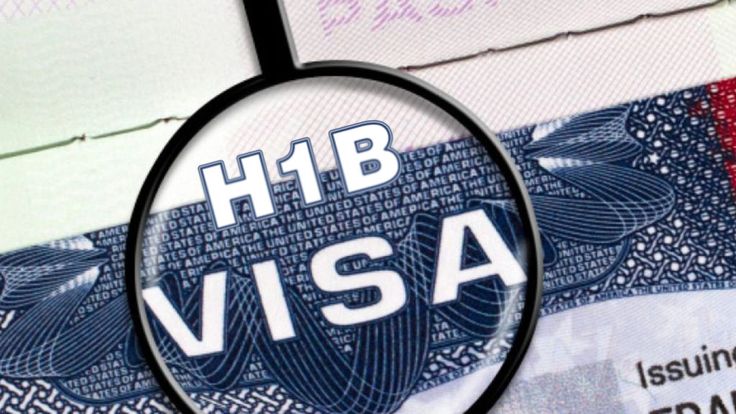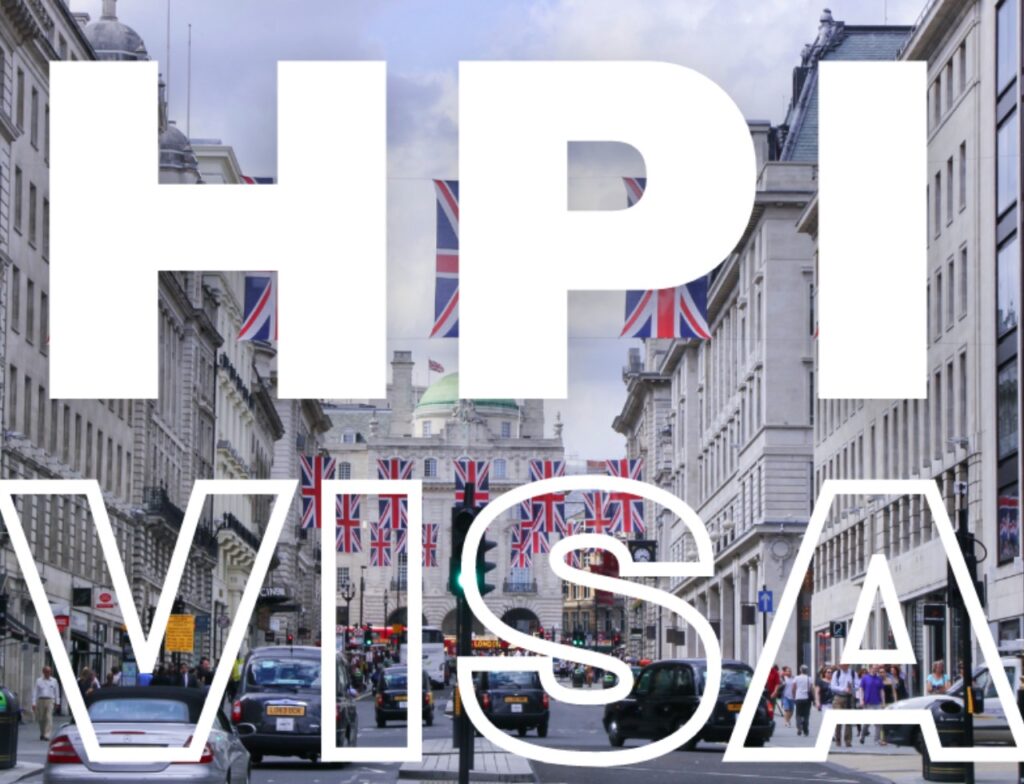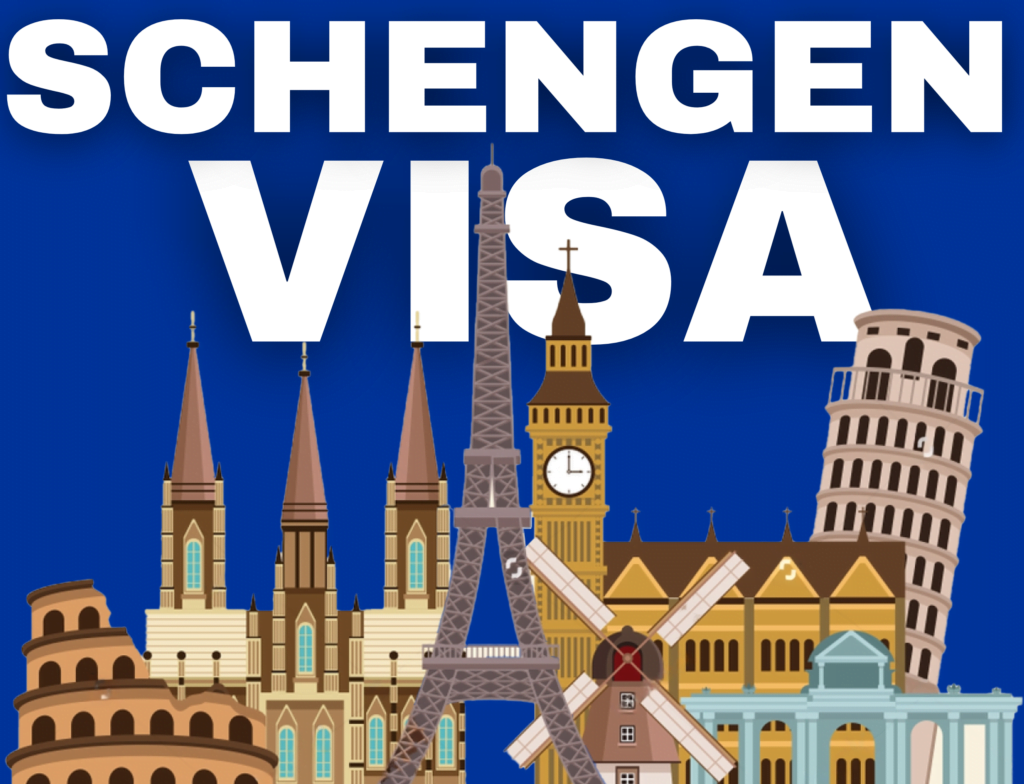Since its introduction, the H-1B visa has become one of the cornerstones of the U.S. It reformed the immigration system to allow highly qualified foreign workers to contribute to the economy of America. However, the method by which the available H-1B visas are awarded has more recently been adjudged to be deficient and easily manipulable, not serving the best interests of either employers or domestic workers. H-1B lottery reform is needed for the future to ensure that the visa continues to function as it was originally intended.
Flaws of the Current H-1B Lottery System
Since its establishment in 1990, the H-1B visa program has been one of the most prominent ways to fill gaps in occupations needing special talent that is not easily found within US borders. However, the process by which these visas have been awarded has always been via a lottery system, which has several flaws. H-1B lottery reform, therefore, aims to address these issues by replacing chance with merit-based intake.
One of the glaring problems with the current system is that it is open to manipulation. For instance, IT staffing firms are known to flood the lottery with entries in an attempt to increase the chances of visas for their candidates. It is a clear deviation from the fundamental logic of allotment and pushes other deserving applicants out of the queue. The abuses of the H-1B visa have been so egregious that nearly half of the visas issued from 2020 through 2023 went to firms in this sector.
The Case for a Merit-Based Visa System
Only an overhauled and rethought allocation process can solve these problems. What is needed now is a system based on merit, as in Canada and Australia. Like these models, it will award points to factors such as education, work experience, skills, age, and proficiency in English to ensure that only the best candidates are given preference.
Another approach could be to tilt more towards higher earners, who tend to be more highly skilled and so contribute more to an economy. A since-withdrawn Trump administration plan would have allocated visas based on wage levels, giving greater preference to higher earners than their peers for the same occupation and region. Such a change would serve to ensure that the H-1B program has the effect of bringing the best and brightest to the U.S. to fill roles genuinely requiring their expertise.
Moving Forward with H-1B Lottery Reform
While many of the recent moves by U.S. Citizenship and Immigration Services to rein in H-1B visa abuse have been incremental steps in the right direction, they don’t go far enough. A system based on its basic construct, founded through a lottery, has no inherent assurance that the best candidates actually get the visas.
Ahead lies a clear pathway: the United States must turn to a system of merit-based visas that return talent and qualifications against chance. By doing so, we can ensure that the H-1B visa remains an integral instrument of world-class talent capture for innovation, driving the growth of the country with continued competitiveness in the global economy.
Conclusion
This blog post gives a detailed overview of the need for H-1B lottery reform and the benefits of moving to a merit-based visa system. It has, in a way, showcased the flaws that exist at the moment in the process and proposed possible solutions to them. Thus, this publication becomes very instrumental in enabling people to understand immigration policy and its effects on the U.S. economy.





